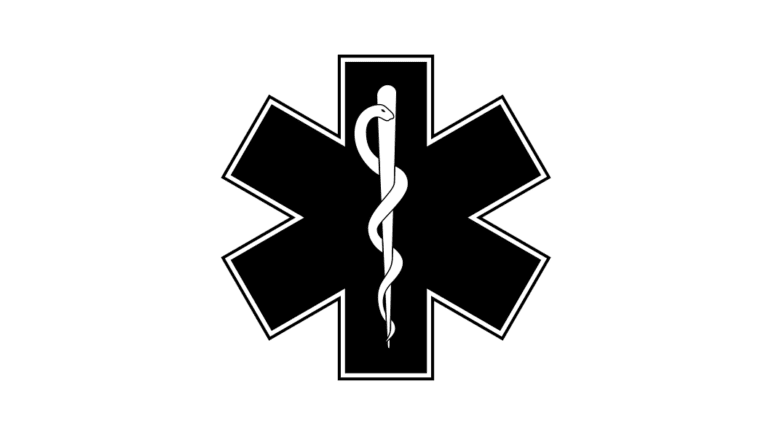by John A. Tures, Professor of Political Science, LaGrange College
National Public Radio ran a great segment about the physical, and mental, benefits of Tai Chi. The best part is that the ability of senior citizens to take advantage of such a program of learning is available in Cobb County, not just some location far away.
If you’re like me, either a senior citizen or preparing to enter into that phase of your life (I joined AARP a few years ago), you worry about physical and mental limitations. As a runner, I’m considered pretty fit by my peers, but in a race at Auburn University, I tripped and gashed myself pretty well, the first fall I have ever had at a competitive race. Though I wound up with little more than bloody cuts and bruises (and still finished in the top three in my age group), I was told it looked far worse. I could have broken something, or hit my head and received a concussion. And I find myself forgetting a few small details here, more than I used to, even though I engage in some pretty mentally challenging profession.
So the NPR story really caught my attention, as I’d like to keep as physically strong and mentally fit as I can, just like most of you readers. I left the links in, so you can follow the excellent work by Allison Auburey. And here is what the researchers found when they looked into Tai Chi.
“The study included about 300 older adults, in their mid-70s on average, who had all reported that their memory was not as good as it used to be. As part of the study, all the participants took a 10-minute test, called the Montreal Cognitive Assessment, to gauge cognitive function. A normal score is 26-30. A person who scores between 18 and 25 is considered to have mild impairment, which means they don’t have dementia but they’re not as sharp as they used to be and may need to work harder to maintain everyday activities. The average score of participants at the start of the study was 25. The study found that people who practiced a simplified form of tai chi called Tai Ji Quan twice a week for about six months improved their score by 1.5 points. This increase may not sound like a lot, but study author Dr. Elizabeth Eckstrom says “you’ve basically given yourself three extra years” of staving off decline. The study is published in Annals of Internal Medicine.”
The results were supported by a meta-analysis of work by another scholar who did not participate in the study. But it’s not just the mental capacities that are affected. The exercises can help an older person physically too, as Aubrey reports (and links are included on purpose).
“If you’ve never done tai chi, which is a martial art that incorporates a series of movements, known as forms, with a focus on controlled breathing, too, it may look like nothing much is happening. But that’s a misconception, [Tai Chi participant Mary Beth] Van Cleave says. “We are working very hard, ” she explains. And, she says, the physical benefits are pronounced. “There are so many times I’ve avoided a fall,” she says. “That’s because of the balance that tai chi gives me.” Many studies have shown that practicing tai chi can help prevent falls and improve balance in older adults, and the benefit is greatest for people who keep up a regular practice over time.”
This is important given that an estimated 20 percent of older people find cognitive limitations. Memorizing all of these moves you have to make can make a difference, as much as the physical act of moving your body around. And there is an increasing number of the population worldwide which will reach the age of 60 (1 in 6), so the ability of our infrastructure to care for everyone may have limitations, making it imperative for us older people to take care of ourselves.
The Veterans Administration has even been researching the benefits of Tai Chi to their patients, not just for regular ills, but also in coping with the problems PTSD can provide.
“Tai Chi for Senior Wellness” is being offered at the East Cobb Library in December. Tai Chi for Arthritis and Fall Prevention is offered by Cobb County Senior Services.
John A. Tures is a professor of political science at LaGrange College in LaGrange, Georgia. His views are his own. He can be reached at jtures@lagrange.edu. His Twitter account is JohnTures2.
